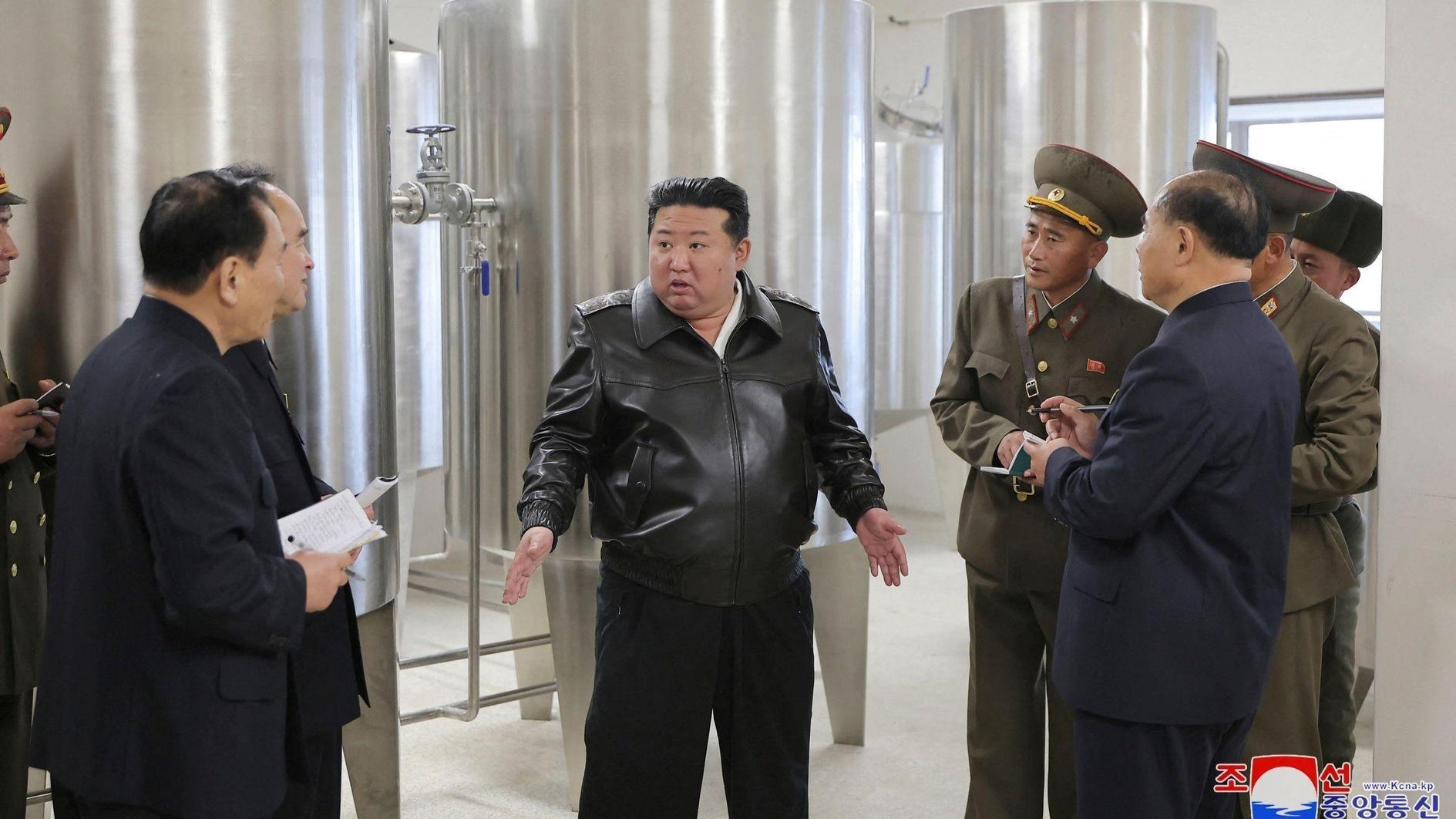Turkey’s top court rules in favor of ‘pluralism’ against sentence given to author
Oya Armutçu - ANKARA
 The Constitutional Court has ruled that the conviction of a Turkish author over a book he wrote about former President Abdullah Gül constituted a violation of freedom of expression.The court has ordered a retrial, stating that penalization of criticism of politicians would “damage pluralism” in society.
The Constitutional Court has ruled that the conviction of a Turkish author over a book he wrote about former President Abdullah Gül constituted a violation of freedom of expression.The court has ordered a retrial, stating that penalization of criticism of politicians would “damage pluralism” in society.Ergün Poyraz had been sentenced to pay Gül 15,000 Turkish Liras in non-pecuniary damages due to his book, “Musa’nın Gül’ü” (The ‘Rose’ of Moses), published in May 2007.
“The penalization of informing about and criticizing politicians could pave the way to the silencing of different voices in society and in the public, creating a ‘deterrence effect,’” the Constitutional Court stated in its ruling.
The court’s review of an individual complaint filed by Poyraz was finalized and published in the Official Gazette on Dec. 10.
The court has sent an order to the Ankara 6th Civil Court for a retrial of Poyraz. As the top court’s decision was made at a plenary session, it sets a legal precedent.
When the book in question was published, Gül was serving as Turkey’s foreign minister and was gearing up for a run for the presidency.
“The deterrent effect of the fine of 15,000 liras given to the applicant may harm the environment of informing about and criticizing politicians. Therefore, it has been concluded that the intervention into the applicant’s freedom of expression is not a commensurate intervention for the protection of others’ reputation and rights in a democratic society,” the Constitutional Court added.
It specifically recalled that the European Court of Human Rights (ECHR) states that no limits should be imposed on political expressions without sufficient reason.
“The ECHR states in its established precedents that governments must tolerate even the toughest criticism directed against them due to public power they use,” it said.
“Political figures make decisions knowing that harsh criticism may be directed at them in a democratic environment and that their family and private lives will constantly be followed. In this context, there is a need to tolerate the applicant’s conveying of information and making harsh criticism about a person - who has been in politics for many years and who was candidate for the presidency – based on already published sources,” it said, underlining that “tolerance for harsh criticism and securing freedom of expression” will make “democracy function more healthily.”
















